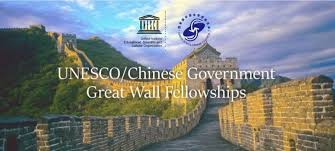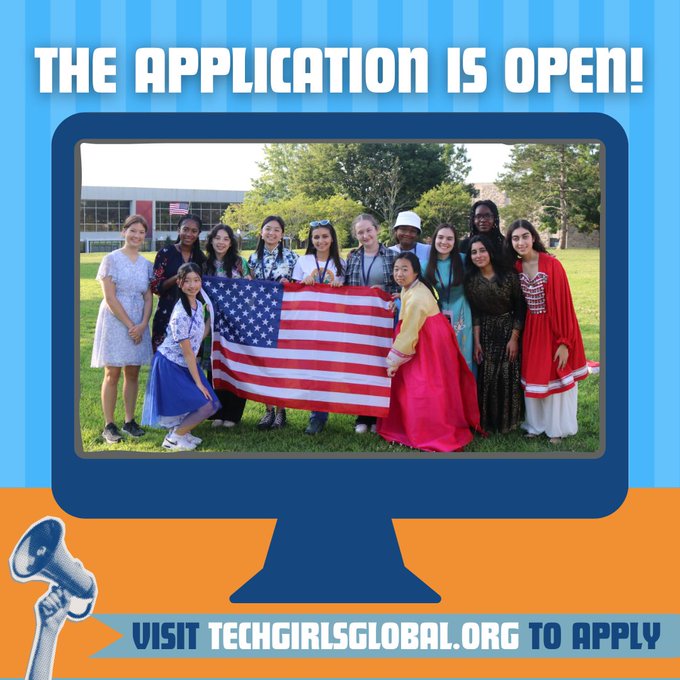
2023 Call for Applications: U.S.-German Forum Future Agriculture
Deadline: November 28, 2022.
Agriculture plays a major role in the economy, society, the environment, and for the future. The sector faces significant challenges due to rising population growth, declining biodiversity, and the need to adapt to the impacts of climate change, such as more frequent extreme weather events and exacerbated water scarcity. The war in Ukraine and the COVID-19 pandemic have added stress to supply chains and led to rising investment costs, price volatility, and global trade conflicts. These factors have increased pressure on farms and farmers as the industry already struggles to recruit younger generations and as a rapidly changing field places new demands on professional training. Identifying new ways to face these challenges is essential; an environmentally, economically, and socially sustainable agriculture can play a significant role in ensuring the future prosperity of rural areas, protecting natural resources, preserving biodiversity, and mitigating climate change.
Both Germany and the United States are central to shaping a more resilient agricultural future. Both countries face similar challenges, but a better mutual understanding of different agricultural practices and standards is needed to provide joint global leadership in shaping the future of agriculture. The U.S.-German Forum Future Agriculture, led by the Aspen Institute Germany, together with implementing partner, the University of Illinois Urbana-Champaign, addresses precisely this need by bringing together German and U.S. farmers and key agricultural stakeholders from research and business. Through the exchange of experiences, the opportunity to visit best practices on-site, and the establishment of new transatlantic networks, this project will promote innovative approaches for the future of agriculture and rural areas.
As a result, this program will focus on the following questions:
- What measures are needed to make agricultural systems more resilient to climate change, thereby securing the livelihood of farmers and their contribution to rural regions in the face of climate-related risks?
- How can agriculture be made more climate-smart and sustainable to reduce greenhouse gas emissions, more efficiently use water resources, and mitigate negative environmental impacts in a way that simultaneously benefits farmers?
- How can agriculture strengthen social and political cohesion in rural regions and in our societies?
- How can policy shape the framework for more socially and economically sustainable agriculture?
- How can investments in research and development of new technologies be best supported and effectively connected with agricultural practitioners, to bridge the gap between research and practice?
- How can transatlantic cooperation in the agricultural sector be promoted and how can transatlantic partners better learn from each other?
- How can we overcome longstanding transatlantic conflicts and differing policy approaches around food production to assume a joint global leadership role under the umbrella of the transatlantic partnership?
ELIGIBILITY CRITERIA
Applicants for this exchange program must:
- be active farmers and/or work in agriculture-related business, politics, research, etc.,
- have at least 3 years of experience in the field of agriculture,
- be able to actively participate in all components of the virtual and in-person exchange,
- be able to participate in the development and publication of recommendations in the form of a publication and a final event,
- have an interest in transatlantic exchange and the topic of climate and agriculture,
- have sufficient knowledge of English.
- German applicants should live and work in the eastern part of Germany (Mecklenburg-Vorpommern, Brandenburg, Sachsen-Anhalt, Sachsen, Thüringen).
- U.S. applicants should live and work in the Corn Belt (Iowa, Indiana, Illinois, Missouri, Ohio).
BENEFITS
To explore these questions, the project will give participants the opportunity to engage with international peers and other leaders in the field and shape the transatlantic dialogue on agriculture during in-person and virtual programming, to include:
- interactive virtual sessions between March and July 2023 (approximately 11 hours total),
- a 5-day in-person meeting (travel time to and from the meeting included) in Champaign-Urbana, Illinois in June/July 2023,
- collaboration on a joint publication to be released in September 2023, and
- a virtual closing event in September 2023.
During the program, participants will learn more about agricultural practices and policies in each other’s countries, conduct site visits to see best practices and innovative solutions on the ground, and explore opportunities for transatlantic collaboration. Participants are expected to actively contribute to the development of concrete recommendations for decision-makers in politics, business, and the field itself, which will be published and presented in a final closing event. All costs for participation will be covered by the project.
APPLICATION
To apply, please send a CV or resume in English by email to Katja Greeson at greeson@aspeninstitute.de.



